At the exact moment of New Year's Eve 2024, the first baby citizens of 2025 were born, bringing new hope to their families and society.
Medical news 1/1: Welcoming the first baby citizens of 2025
At the exact moment of New Year's Eve 2024, the first baby citizens of 2025 were born, bringing new hope to their families and society.
Every baby is not only a miracle of life, but also a symbol of growth and the beginning of a new year full of potential.
The first "child citizens" of 2025
At 0:00 on January 1, 2025, the Central Maternity Hospital welcomed the first baby citizen into the world in the joyful and warm atmosphere of New Year's Eve.
Baby Nguyen To Tue Minh, a healthy baby boy, was born at 37 weeks and 2 days, weighing 3.5 kg. Although the baby’s mother, To Thi Thuy Dung, had a history of gestational diabetes, thanks to the dedicated care of the doctors, both mother and baby were healthy after birth.
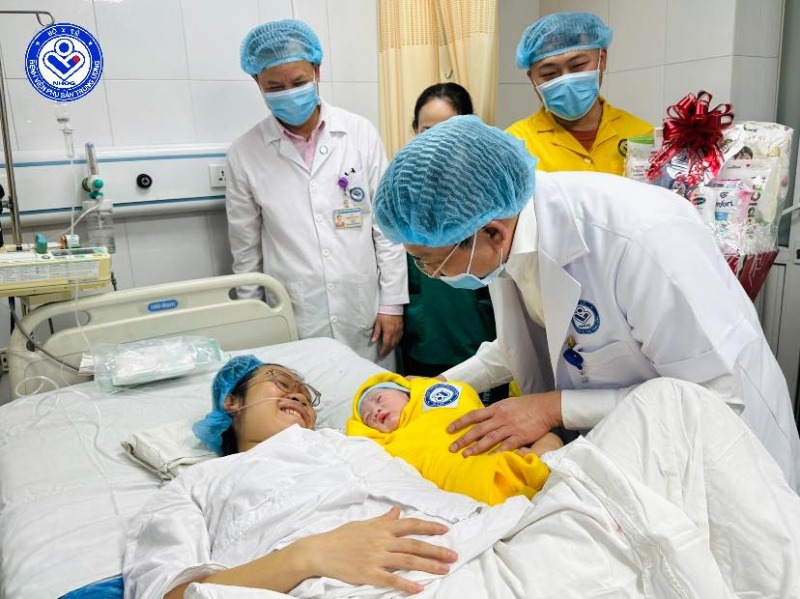 |
| Director of the Central Maternity Hospital visited and congratulated the "little citizen" born at the Hospital. |
Ms. Dung, along with her husband, Mr. Nguyen Thanh Tu, could not hide their happiness as they held their son in their arms. “My family is very happy and fortunate that our baby was born healthy at the very sacred moment of New Year's Eve between the old year and the new year. I am very grateful to the doctors for taking such good care of me and my child,” Ms. Dung shared.
As the first baby born at the Central Maternity Hospital in 2025, Tue Minh is specially marked with a bracelet with the code “001”, symbolizing hope and a good start.
Not only in Hanoi , at exactly 0:00 on the same day, Tu Du Hospital (HCMC) also received special joy when 7 baby citizens were born at the moment of New Year's Eve. Among them were 4 boys and 3 girls, with 5 babies born naturally and 2 babies born by cesarean section.
The couple Vu Minh Phuong and Nguyen Thi Tuyet (HCMC) were very surprised when their baby boy, who was due on January 10, was born on the first sacred moment of the new year.
Ms. Tuyet, although only admitted to the hospital on the afternoon of December 31, quickly went into labor and welcomed her son early in the morning of January 1, bringing special joy to the family at the beginning of the year.
To welcome the first little citizens, Tu Du Hospital has prepared 20 special gifts for the children, mothers and families. These gifts are not only a form of gratitude but also a spiritual encouragement for the families to welcome the new year with great joy.
Welcoming the first babies of the new year is not only a personal joy for families but also an important part of society. These young citizens will be the seeds of the future generation, continuing and developing the cultural and social values of the country.
In particular, in the context of Vietnam's rapidly aging population and declining birth rate, maternal and child health care, as well as creating conditions for families to develop sustainably, have become top priorities for the government and health organizations.
The birth of these babies is not only the result of medical efforts but also the result of a society that is increasingly concerned and concerned about public health.
Doctors and medical staff in hospitals play an important role in helping families overcome difficulties during childbirth, providing mothers with a safe and enjoyable experience.
For the young citizens born in 2025, the story will not stop at the first moments, but will be a long journey where they are cared for, learned and developed. Families, communities and health agencies must continue to work to ensure that every baby born has the opportunity to grow up healthy and happy.
Maternal and child health care, promoting immunization, providing proper nutrition and ensuring a safe living environment are key factors in creating a bright future for these young citizens.
Nutritional intervention helps limit the impact of cesarean section on children
Recently, the Vietnam Pediatric Association and the Vietnam Obstetrics and Gynecology Association jointly organized an expert workshop on the topic "Nutritional intervention to limit the impact of cesarean section on children's health".
Here, Dr. Luu Thi My Thuc, Head of the Department of Clinical Nutrition, National Children's Hospital, shared that nutritional interventions in the first 1,000 days of life, including breastfeeding or formula milk supplemented with special nutrients, can help restore the intestinal microflora for children born by cesarean section."
In cases where breastfeeding is not possible, formula milk supplemented with special ingredients similar to breast milk is an effective solution. Some nutrients such as prebiotics (2'-FL, PDX/GOS) and MFGM (fat globule membrane) proteins have the effect of supporting the development of beneficial bacteria in the intestine, helping to reduce the risk of infection and reduce inflammatory responses.
This nutrient system also helps improve immune health and reduce the risk of respiratory and digestive diseases, while reducing the duration of fever and the use of antipyretics.
In particular, DHA in formula milk helps develop children's brains. Supplementing DHA and MFGM helps children reach intellectual development milestones 1-2 months earlier and has positive effects that last up to 5.5 years old.
According to Dr. Nguyen Ba My Nhi, Director of the Obstetrics and Gynecology Center at Tam Anh General Hospital, the baby's intestinal microflora is formed immediately after birth and plays an important role in the health of the newborn. However, babies born by cesarean section tend to have dysbiosis, affecting the healthy development of this microflora.
Babies born by caesarean section are at higher risk of infection, especially respiratory infections, than babies born vaginally. In addition, babies born by caesarean section are also susceptible to allergies due to their incomplete intestinal microflora.
Problems related to an immature gut microbiome can lead to disruption of the gut-brain axis, lungs, and skin. Cesarean section increases the risk of metabolic diseases and may affect the baby’s brain development. Delayed myelination and reduced white matter integrity in the brain can impact the baby’s cognitive and behavioral development in the first years of life.
Dr. Nguyen Ba My Nhi said that with the increasing rate of cesarean section, nutritional intervention to support cesarean section babies to restore their intestinal microflora is very important to minimize long-term harm.
Breast milk is an ideal source of nutrition to help form and maintain beneficial intestinal microflora for children. Breast milk provides macronutrients and micronutrients, along with many important biological substances to help children develop comprehensively.
Experts recommend that nutritional intervention from the early stages of life is an important strategy to support children born by cesarean section to improve their overall health, especially the health of their intestinal microflora. Supplementing important nutrients such as 2'-FL, PDX/GOS, MFGM, DHA not only helps reduce the impact of cesarean section on the intestinal microflora but also improves the child's immune and brain health in both the short and long term.
Given the clear benefits of these nutritional interventions, experts stress the importance of providing essential nutrients to cesarean-born infants who are not exclusively breastfed. This is an important part of helping children recover quickly, grow healthily, and minimize health problems associated with cesarean birth.
Septic shock, multiple organ failure due to self-treatment of gout: Warning from drug abuse
The National Hospital for Tropical Diseases has just admitted a 48-year-old male patient from Lang Giang, Bac Giang, in extremely critical condition. The patient was admitted on December 31, facing a high fever of 39-40°C for 10 days, severe respiratory failure, generalized edema, and signs of septic shock and multiple organ failure.
About a month before being admitted to the hospital, the patient began to have symptoms of damage to his right ankle, but instead of going to the hospital for treatment, he continued to treat himself at home.
After the tumor ruptured and oozed fluid, the patient did not go to the doctor but continued to apply medicine and inject medicine at home. Although he was able to endure it at first, the patient's condition became more and more serious, with symptoms such as continuous high fever, pus-filled wound, swelling and pain, and widespread infection. It was only when the condition became serious that the patient was taken to the hospital, but had to face many dangerous complications.
According to doctors at the Central Hospital for Tropical Diseases, the cause of the patient's multiple organ failure and severe infection stemmed from a wound caused by a ruptured tumor in his ankle.
This tumor is formed by uric acid crystals deposited in soft tissue - a typical sign of gout, if not well controlled. Self-treatment with drugs and injections of unknown origin at home has made the infection worse and led to septic shock.
The patient was diagnosed with gout in 2016 and had a history of hypertension and diabetes. However, the patient did not comply with treatment and frequently used painkillers of unknown origin. This not only aggravated the gout but also weakened the immune system, making the body susceptible to infection and increasing the risk of complications.
According to MSc. Luong Huong Giang, a doctor at the hospital's Intensive Care Unit, if gout is not controlled, it can cause many serious complications such as kidney damage, kidney failure or joint deformities, causing chronic pain and reduced mobility. In particular, when gout lesions become infected, the risk of severe cellulitis or sepsis is very high, which can be life-threatening.
Dr. Giang emphasized that gout patients need to have regular health check-ups and strictly control uric acid levels in the blood to limit dangerous complications.
People with underlying medical conditions such as high blood pressure and diabetes need to strictly adhere to treatment and avoid using drugs of unknown origin on their own.
In addition, patients need to maintain a scientific diet, limit foods rich in purines (such as animal organs, seafood) and practice a healthy lifestyle to prevent dangerous complications.
The above case is a clear warning of the serious risks of self-treatment of gout and abuse of drugs of unknown origin. Failure to follow the doctor's treatment instructions can lead to unpredictable consequences, seriously affecting the patient's health.
Source: https://baodautu.vn/tin-moi-y-te-11-chao-don-nhung-cong-dan-nhi-dau-tien-cua-nam-2025-d237585.html


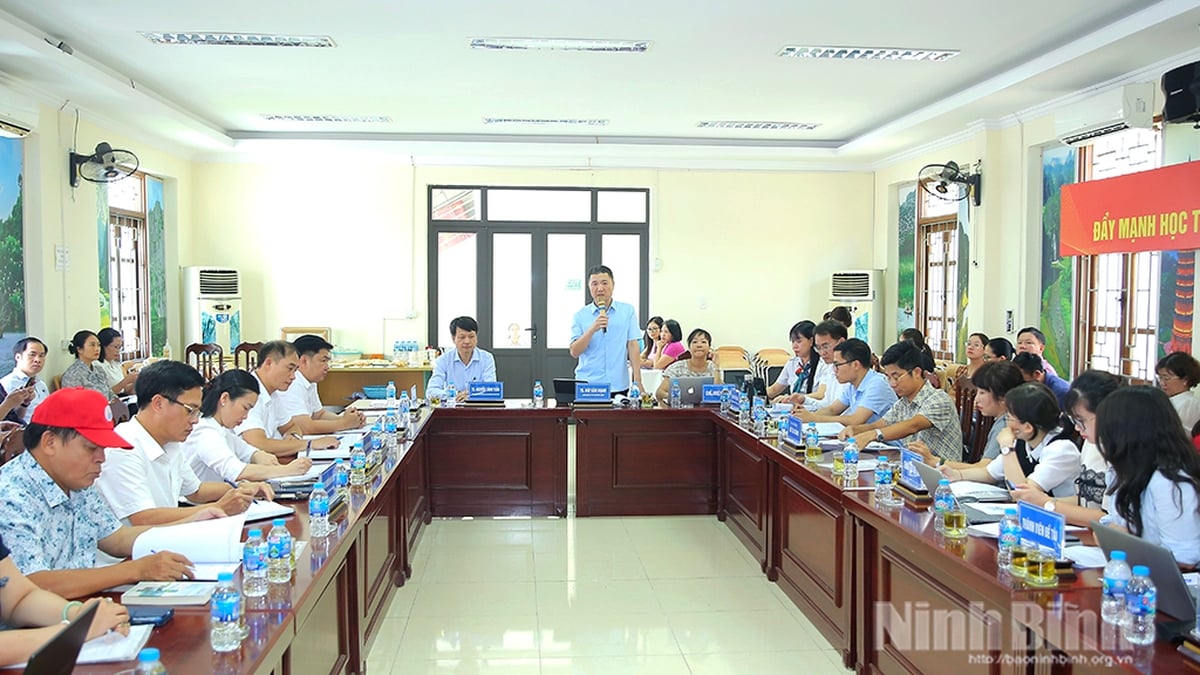



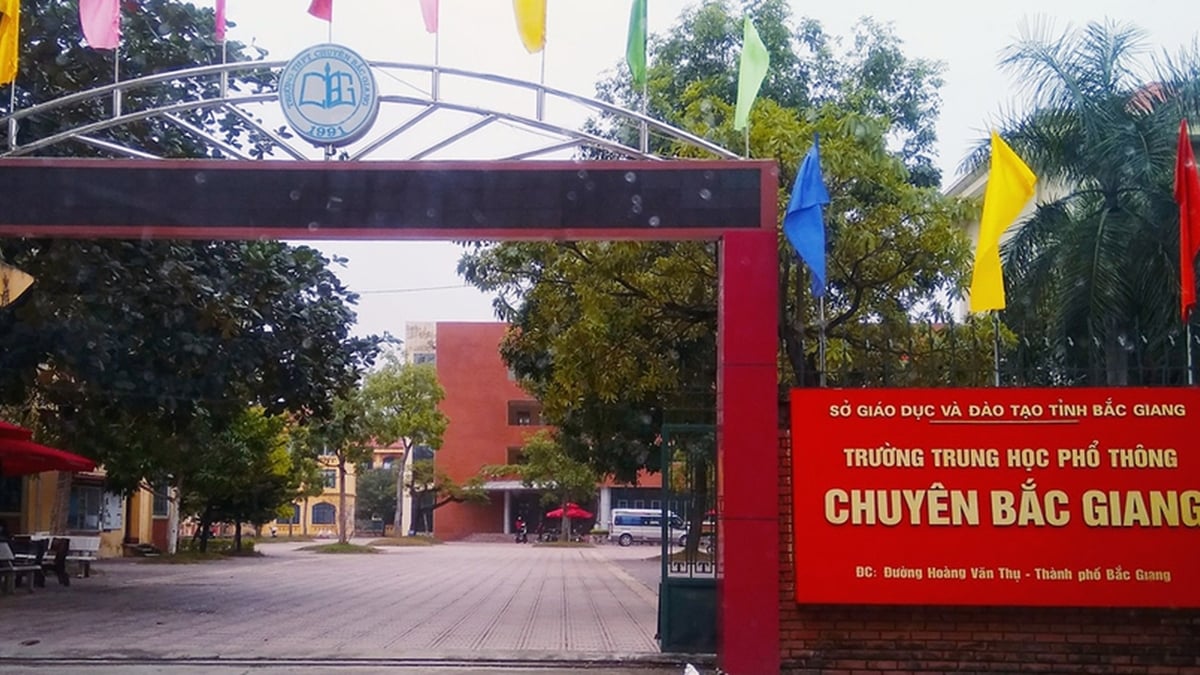




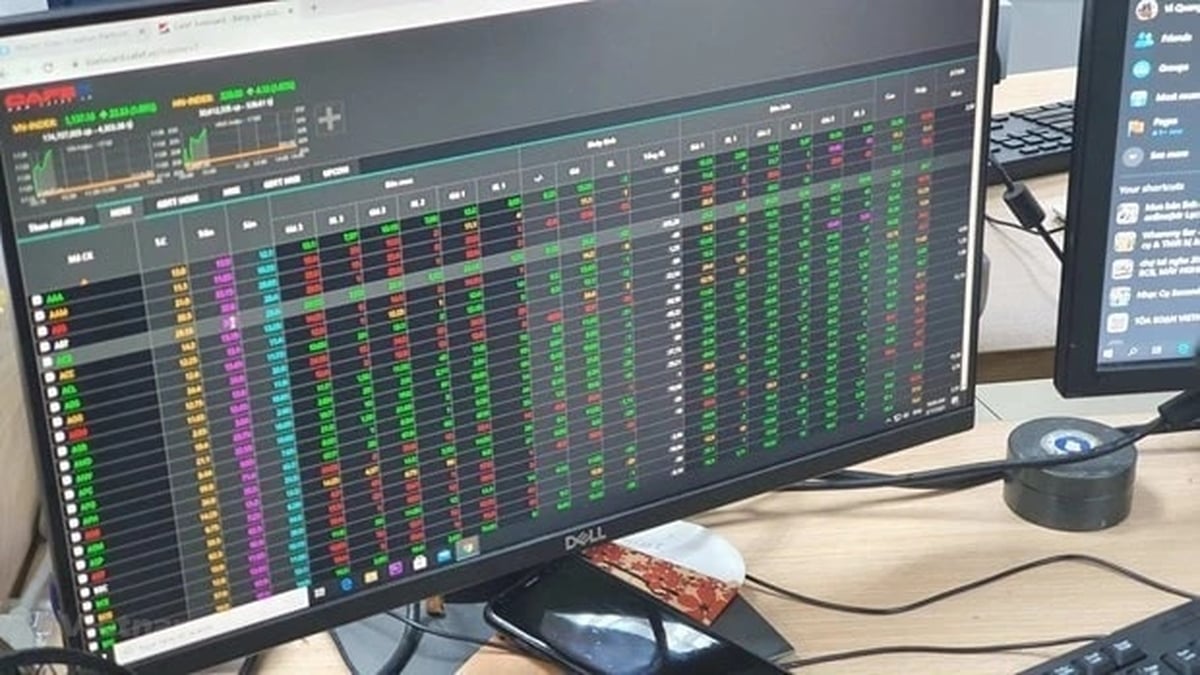













































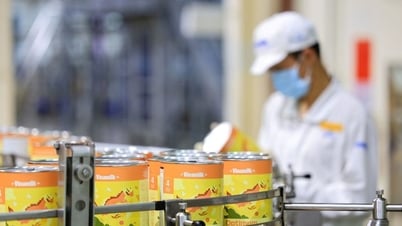









































Comment (0)